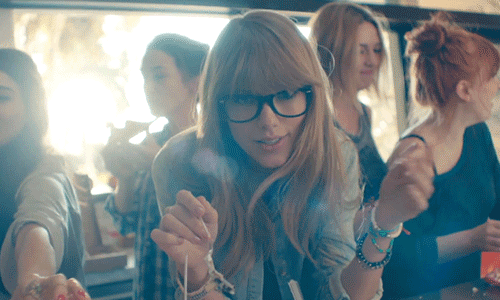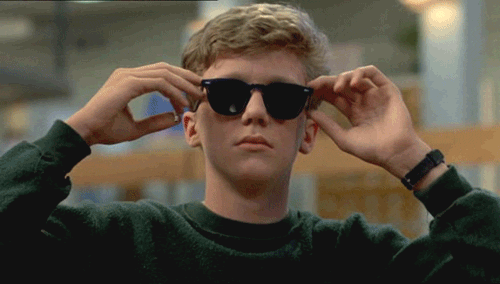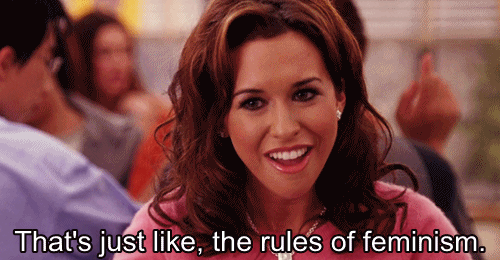I still agree with my "September self" that a leader should be genuine, but everyone should be genuine. Most of these descriptions have to do with the status of the leader and how they take control, but through this course I've found that a leader doesn't always have to fit the cookie-cutter description. They don't always have to be older or wiser, and stand at a podium to tell you what they want from you. Sometimes a leader doesn't even begin with a goal of becoming a leader, people just follow their example.
- Commands a room
- Knows without controlling
- Has high stature
- Is genuine
Leadership can come in many "glasses". In the past three and a half months we've seen leaders come in the form of a deceased young girl, a scarecrow, a team of multiple people, and a guy who presented a lollipop to a student - to state a few. These people all had a different goal in mind and how they wanted to achieve that goal and often the goal wasn't concrete, it was just to bring joy to someone else or to make a change. I think the aspects from the Leadership Challenge are the most influential things to know when moving forward in group scenarios. Inspiring a shared vision or encouraging the heart, etc. may seem like the obvious things that every organization does, but I think they are often neglected and I have really learned how impacting they can be for a group.
In my original leadership lens I said a leader should be able to "command a room", but what about Drew who gave one girl a lollipop moment that inspired only her? It's important to acknowledge that leadership can come in many packages and that it doesn't have to be the same for every group.
I had a phone interview today for an internship where I was able to use terms from our class and discuss the SWOTT analyses of companies. I also had a semester filled with group projects this fall (five classes, five group assignments) and I started to end group meetings with "Great job today guys! Good meeting!" I don't know if it was the caffeine or if I caught the leadership bug, but we learned in class about the power of telling people what you appreciate about them and celebrating small wins. By telling my groups when we were doing well I almost felt more motivated to continue forward - group assignments can be difficult and frustrating sometimes so a few uplifting words can go a long way.

I have learned that I am really obsessed/good with GoogleDocs ;) In a symbolic sense maybe this shows how visual of a person I am. I am confident when it comes to delegating tasks that apply to peoples' strengths. And I feel more confident about assignments when I know everyone can see everyone else's progress. GoogleDocs also symbolize the ability of groups to come together and great something fluid and consistent. Great minds think alike and four great minds are better than one!
I have also learned that it takes looking at small details to learn about a group or business. I think knowing how to analyze an organization will be beneficial to me in my future internships and jobs. I can continue to see how they are run and will be able to state suggestions to colleagues with the proper knowledge. I will also use my future leadership roles to improve myself as a leader. I think the lens we have can change and grow and this is only the beginning.
Most recently, my group presented on our organization and left with a TEDtalk about trust in groups and how this trust can move mountains and push boundaries. This is something that has stuck with me because we never think specifically at what skills and attitudes allow a company or group to do something extreme and different, and having trust in others is something I've come to realize my group this semester has done and something I will continue to instill in future groups.
 Since Melissa shared music she enjoys listening to, I figured I could share something as well. Below is a drawing of John Lennon that I did.
Since Melissa shared music she enjoys listening to, I figured I could share something as well. Below is a drawing of John Lennon that I did.Quite literally, John Lennon can be recognized by his different lenses. He has been known to embody peace and progression and I think 1. his glasses are iconic and 2. his goal of peace through people coming together can also be applied to organizations. Someday I hope to inspire people through my art. Feel free to check out more of it :)
Thanks to everyone for a great semester!










.JPG)